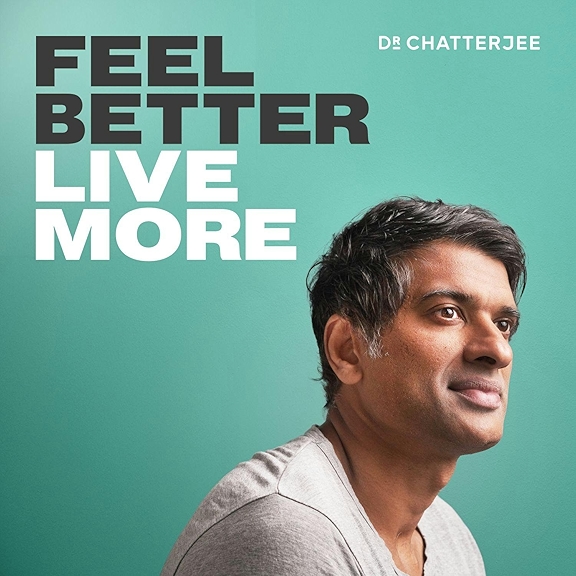
We are hardwired for survival. Whether a threat is real or only perceived the instinctive brain needs to figure out the best way to survive. We don’t think our way through this. The thinking brain shuts down so we can access a basic emergency response.
These emergency responses include fight, flight, freeze or appease. Sadly, our nervous system can get stuck in any of these drives long after a threat is gone.
These responses are triggered by a cascade of hormones in our brains when we are put in potentially dangerous situations or perceive danger.
This flash of hormones evolved from our earliest exposure as a species to predatory threats and enabled us to act immediately to save ourselves from harm.
But problems arise when the everyday stresses of modern life trigger those same hormonal cascades that are meant to prepare our bodies for life-and-death confrontations
If you feel anger or frustration when afraid, your likely response will be to fight. You never back down or surrender. You keep fighting until you die. Defensive. Argumentative. You need to be right.
If you feel terror or alarm when afraid, you’ll probably respond by flight. Avoidance. Isolation. Obsessive-compulsive behavior. Chronic busyness. Perfectionism. Judging and criticizing others. Being controlling. Addiction.
If you feel anxiety or desperation when afraid, you’ll likely freeze. Distrustful of others. Comfort in solitude. Physically or emotionally frozen. Dissociatated from reality. Indecisive. React on impulse. Hard to function. Just can’t deal.
And if you feel dismay or foreboding, you’ll try to appease. Head-off conflicts before they occur. Non-existent or poor boundaries. People pleasing.
So I’d like you to consider, how, when and where fight, flight, freeze and appease?
At this point let this be nothing more than an exercise in awareness. As you take inventory of these nervous system drives do so with a nonjudgemental awareness.
Often when these survival responses visit us, we get activated in a triggered response which can illicit judgement, shame, confusion and fear.
We can be completely caught off guard. And often judgement, shame, confusion and fear are embedded in the historic traumatic event or experience that is activated. We often are not so kind or welcoming when the old friend of our nervous system drive gets activated and visits us unexpectedly. Am I right? This only compounds the activation of the stress. It re-traumatizes.
So I’d like you to develop a friendship with these responses as a means to draw closer and get to know and intimately understand why these drives are getting activated. To understand what they fear. What they long for. What they hope to guard or protect.
In developing a friendship with these nervous system drives we can gather more data points each time the old friend visits. And as we connect the dots between these data points, we can derive more and more safety and return to a place of belonging at home within ourselves.
These nervous system drives are part of what make us human. We need not judge these responses. And we need not try to fix or change them. Rather the work is one of gathering awareness, insight and understanding as a means for healing and transformation to unfold according to its own wisdom.
And we will forget some of these data points and the old friend will visit us again and again to help us remember. And each time we forget is an opportunity to remember. We just integrate the lesson more deeply each and every time.
So, remember that healing is non-linear and question the status of arriving. This will help you be more present to yourself, your healing and your life.
Making loving contact with yourself and these nervous system drives is a practice of present moment awareness. Meet and greet these parts of your human experience with arms wide open with tender love, adoration and care.
And remember that curiosity and wonder break up the circuitry of pain.




















